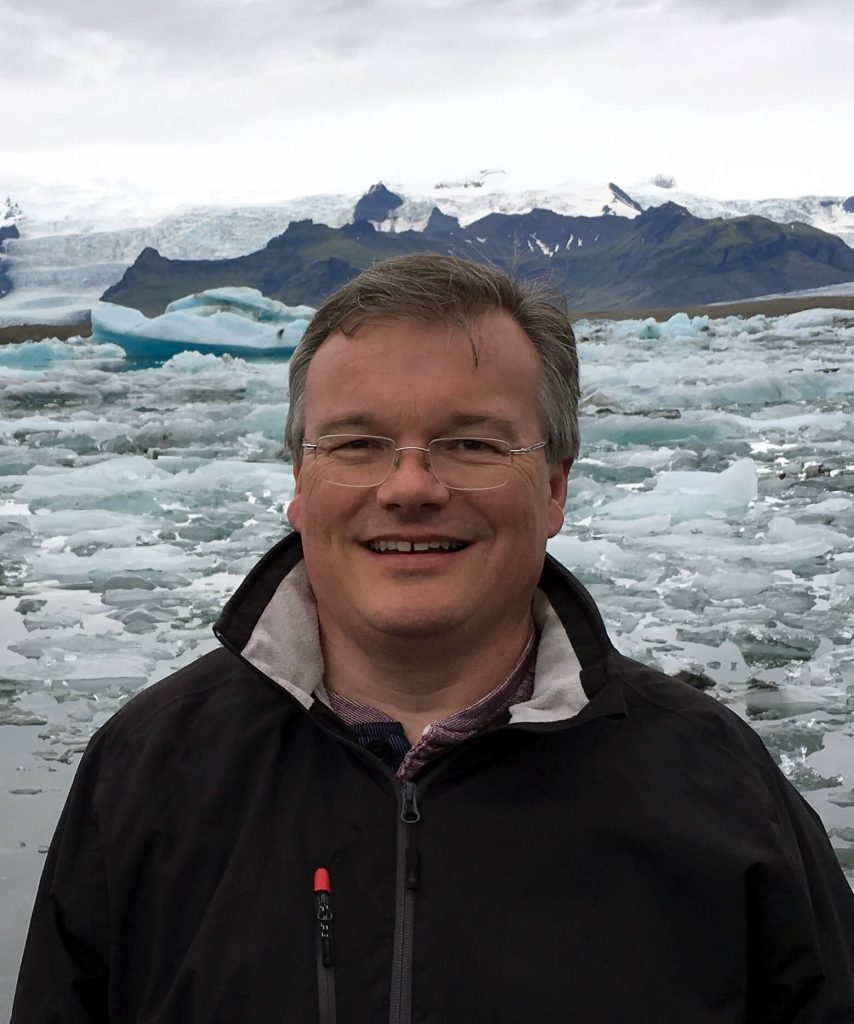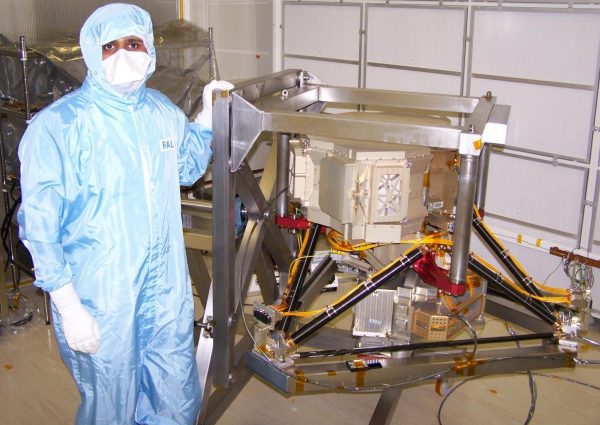Hi Stephen Lewis! What is your job and what is the most exciting part about the work that you do?
I am the Professor of Atmospheric Physics at The Open University. The most exciting part of the job is seeing new observations from spacecraft for the first time, exploring other planets and communicating that excitement back to our students and the public.
What motivated and inspired you to pursue a career in the STEM industry?
I liked a lot of different subjects at school, but remember that one of the first things I saw on TV was the Apollo 11 moon landing and how excited that seemed to make the adults. I was probably always interested in finding out how things worked, so that led me to science and ultimately physics because I could begin to work things out for myself (I really liked biology and English as well, but wasn’t so good at remembering names!).
What is the biggest misconception about your job?
That teaching in a university means you think you ‘know it all’. In fact, being a scientist is all about not knowing things and thinking about how to ask questions to find out.

What were you like as a child and what interests and hobbies did you have?
I liked to build and make things, I loved reading novels, drawing and painting. I was interested in a lot of different things and didn’t know that I definitely wanted to go into STEM or space research when I was younger.
What advice would you give your eight-year-old self about building a career in space?
Not to worry about it and just to do the things that you enjoy most. If you are interested in space that is great, but people work in space-related things from all sorts of backgrounds, so it’s most important to find out what you love doing, because that is what you will be best at.
Why do you think it’s important for humans travel and explore Mars?
It’s natural for people to want to explore and find out about the world around them. Mars will be the first other planet that humans will be able to land on, and probably the only other one for quite some time. Going to Mars will help us to find out so much more about our neighbouring world, and maybe help to solve puzzles such as how Mars has changed and whether life ever started there, but I hope it will also teach us about just how special the Earth is and how we need to look after it.
Where do you think we’ll be in 50 years in terms of Mars exploration?
Going to Mars is very difficult, but coming back again safely to Earth is even harder. When I started working on Mars, we thought people would visit it within about thirty years, but that time has nearly run out. If we cooperate with other countries, I think we could have human missions before that long and we will certainly have brought pieces of Mars back to Earth to study. We won’t have people living all over Mars, but it’s exciting to think that the first human to set foot on another planet might have already been born!
Stephen appears in Activity 3.1 Weather on Mars in Chapter Three of the Mars Diary. Download the activity and teaching notes here.




